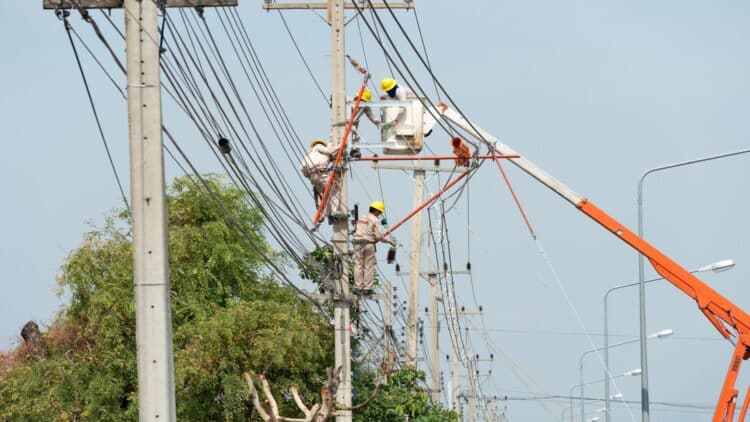With the United States coming out with an ambitious and strategic agenda, it is set to take the lead in the G20 next year with a vision of making global economies grow, deregulate markets, and secure energy security. This will be a change of moving towards a pragmatic and business-driven approach to revitalize international confidence and private investments in an uncertain world. As the center of economic cooperation, Washington seeks efficiency and shared prosperity in the worldwide market order; its agenda hints at a new preoccupation with efficiency.
U.S. wants worldwide economic revitalization by strategic market growth
The aims of their G20 agenda by the Biden administration are centered on the key objective to unlock sustained global growth with the help of trade, infrastructure, and innovation. The U.S. officials insist that simplified rules and environments that are friendly to business could jump-start business growth and help the developing countries maintain their economies.
An important component of this approach is to promote private sector involvement in global projects. By ensuring that financial incentives are also compatible with sustainable economic growth, the U.S hopes to reinforce international partnerships. Officials familiar with the discussions say that the focus will be on creating systems for building that can make economies better, quickly recover from inflation, and geopolitical shocks.
Gaining stability by being smarter in economic partnerships
As G20 leader, the U.S. plans to cooperate rather than compete. This means that they have to work closely with both advanced and emerging economies to promote inclusive market access. According to internal briefings, Washington intends to present frameworks that make it easier for investors to put money in and increase transparency in celebration of increased investor confidence and world flow.
Deregulation push to free private investment and trade
Another core element of the US agenda is deregulation – the shift to promote innovation, cross-border trade, and economic flexibility. Although regulation is good because it maintains stability, it can be counterproductive through overregulation. The U.S. wants to help G20 members find a balance between oversight and opportunity.
The vision of Washington involves removing bureaucracy to start a business and promoting the influx of private investment in areas with the most impact, like digital technology and clean manufacturing. One top official in the policy planning department disclosed that the administration wants to open up the latent global potential through the reduction of red tape and contemporaryization of the old trade structures.
Promoting open trade rules and fair competition in the markets
Transparency will be an important part of this process to re-regulate. The US intends to push for harmonized global trade rules that guarantee fair competition and reduce political distortions as much as possible. This means updating mechanisms within the G20 that promote accountability so that economies can remain stable and benefit from faster growth.
The U.S. Global Policy agenda is led by clean energy transformation
The U.S. would like to be leading efforts to ensure affordable access to renewable energy on the way to the transition, with continued reliable access to oil and gas supplies in the interim. Amazingly, Washington said it would use the G20 to advance energy security, including through technological innovation, cross-border investment, and sustainable financing of infrastructure. This is based on providing a balance between environmental responsibility and the real needs for global energy.
When the U.S. assumes its presidency of the G20, its emphasis on growth, deregulation, and energy is an indicator of a fundamental reset of the economic leadership in the world. Through promotion of liberal markets, smarter rules, and clean energy, Washington seeks to build a stronger and more interdependent global economy. The actual struggle, though, is changing these priorities into quantifiable results, balancing ambition with inclusion, and making promises into actual achievements.


